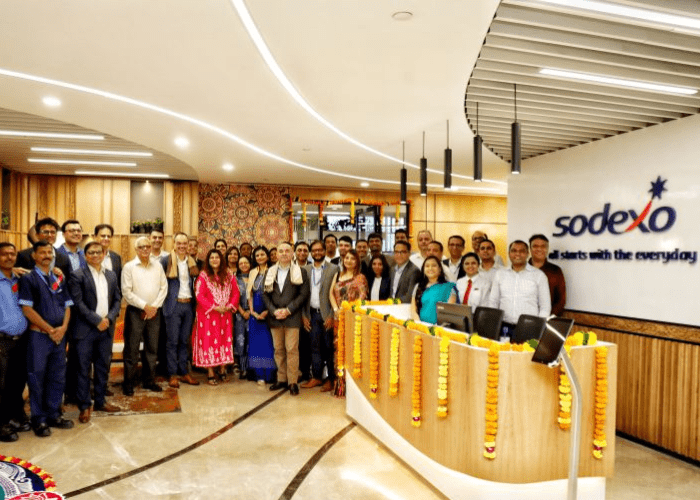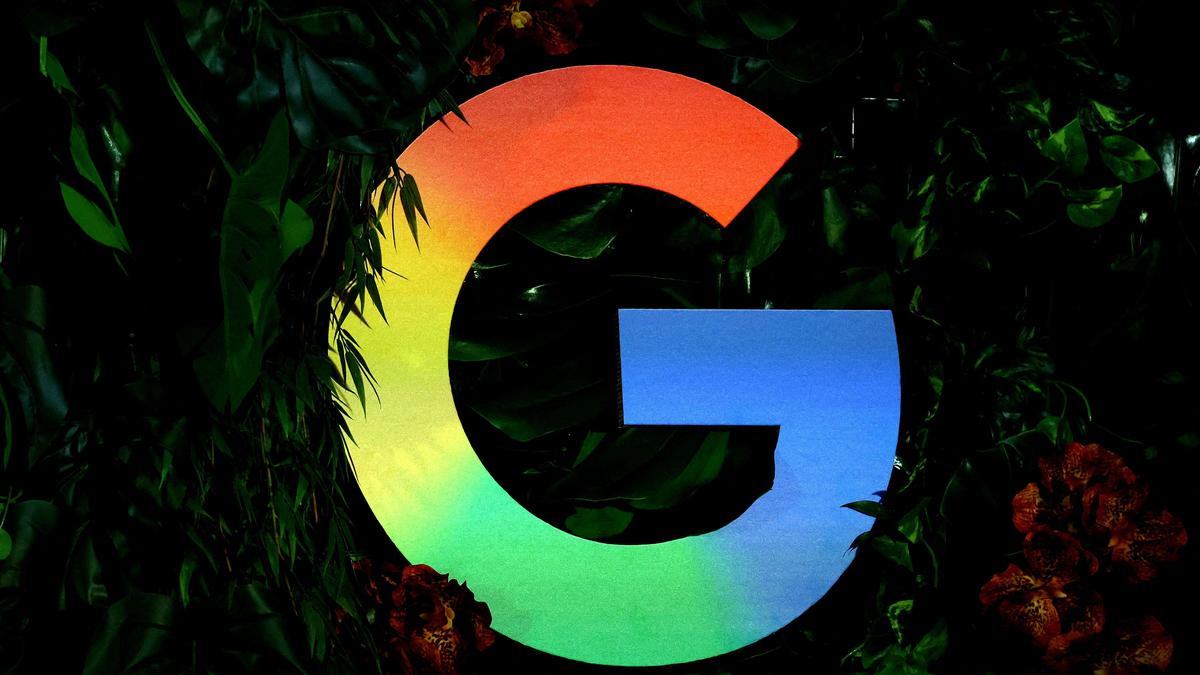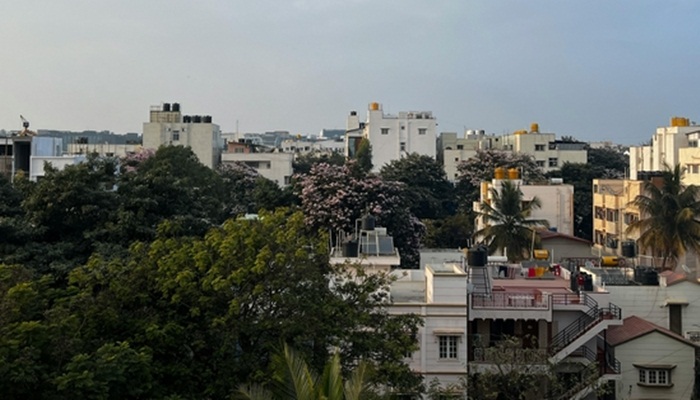Have you ever felt the dread of walking into a store with questions about a product, only to encounter a poker-faced Gen Z shop attendant who looks least interested in customer service? You pluck up the courage to approach them, only to be met with a deadpan stare that makes you feel stupid for asking the question in the first place.
You’ve just been hit with the Gen Z stare — the latest social phenomenon that’s brought the youngest generation in the workforce back in the headlines again. The term refers to the prolonged blank expression that appears on the faces of many teens and 20-somethings when they are asked a question, which they are unable or unwilling to respond to.
From confused employers trying to decode their new recruits’ fixed gaze, to Gen Z employees explaining why someone deserves their death stare, the term has gone viral recently. Here are some customer service situations in which Tik Tokers have admitted to deploying the Gen Z stare: “I’ve been asked to make somebody’s iced tea less cold”, or “I’ve been asked to give them a cheeseburger without the cheese”.
Lakshman Nagasuri, a 21-year-old intern, says, “If someone asks me a stupid question I just look at them like — bro, are you for real? Are you really asking me this question? What’s going on?” But what’s really going on behind those glassy eyes? Is it just silent judgment or social awkwardness in a generation that has grown up perpetually online?
Corporate intern Rifa Khan, 19, often finds herself giving the blank stare to people. “Sometimes I just can’t comprehend the question. Other times, it’s pure confusion and disbelief that causes the stare,” she discloses. “The workplace is one of the few places where Gen Z is interacting with people from different generations; not just Millennials, but also late Boomers,” says Paras Sharma, 37, director of The Alternative Story, a mental health service. “It can get very confusing to manage expectations of how they’re supposed to respond in a formal setting, such as the formalities and niceties that are expected by older generations.”
The stare can have a particularly unsettling effect on Millennial employers who “like to think of themselves as laidback compared to Boomers”, but are affronted by Gen Z flouting traditional societal niceties. Manasvi Bhatia, 31, founder of design studio Local Lab, says, “Compared to older generations where employees showed more loyalty to the company, Gen Z is not always loyal to their company. Millennial employers will need to put a systematic structure in place to teach Gen Z about the work culture.”
Recent studies have shown that Gen Z expects their work environment to be more purpose-driven and laid back, which often contrasts with the modern reality of most workplaces which are more traditional and hierarchical. Gen Z has also been known to prioritise their mental health over adhering to social norms, and is much more comfortable with setting boundaries as compared to the other generations before them.
Perhaps it’s just that Gen Z doesn’t blindly hold the customer or boss to be always right, and neither does it believe that it owes fake niceties to people. In either case, it’s safe to say that this generation’s youths are not afraid to be themselves and to speak up — or not — when they want to.




















